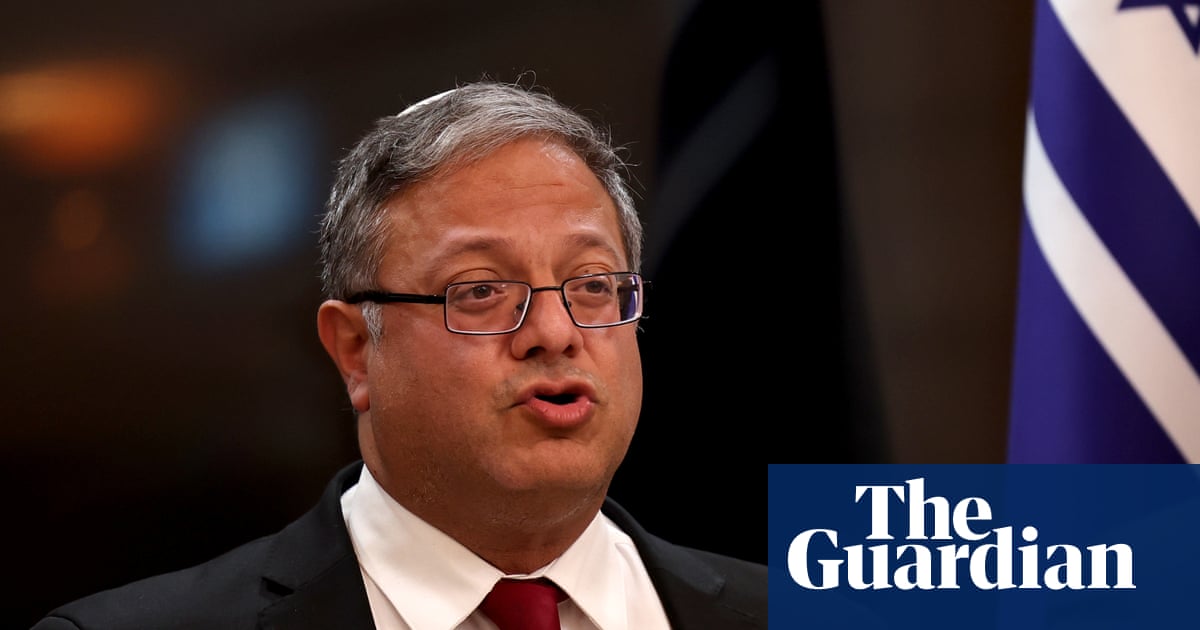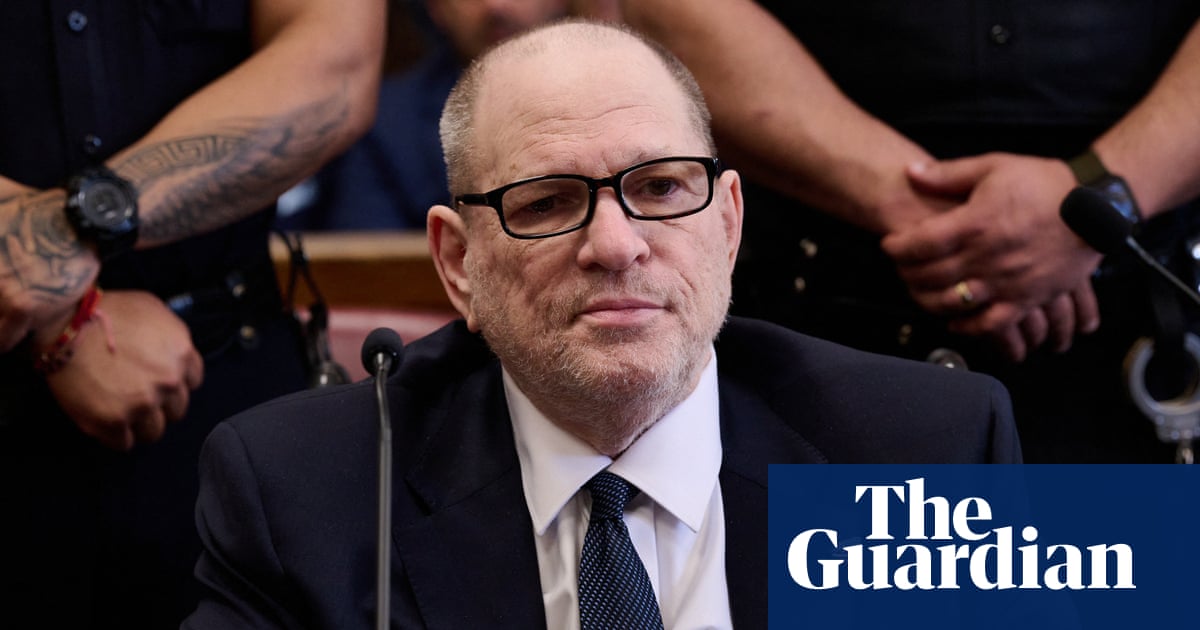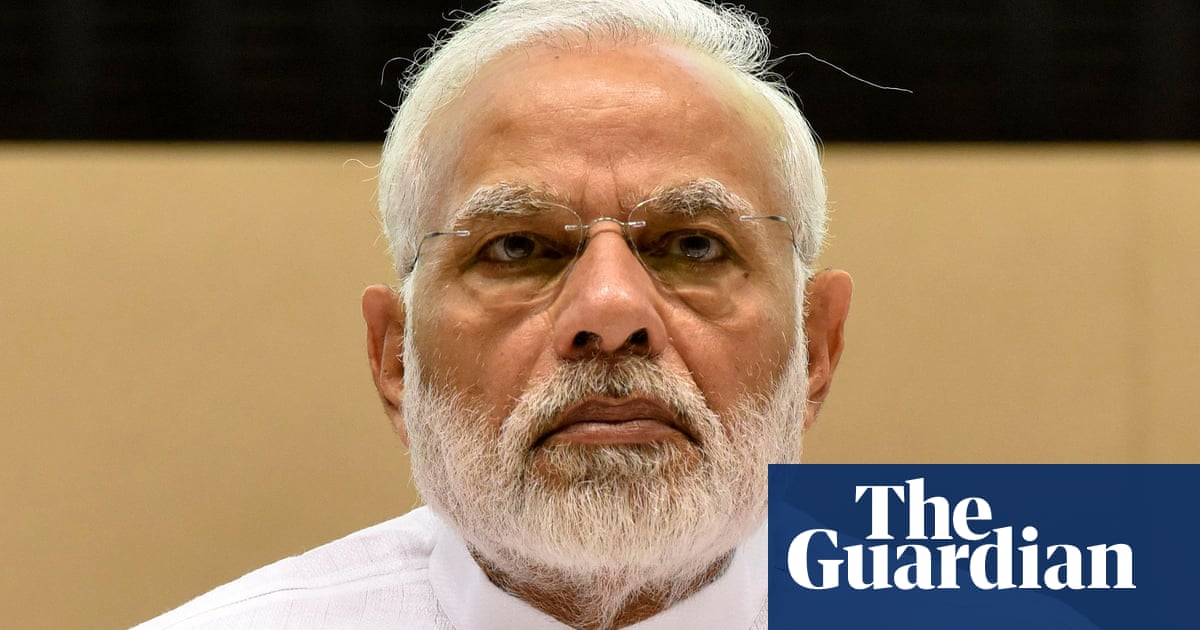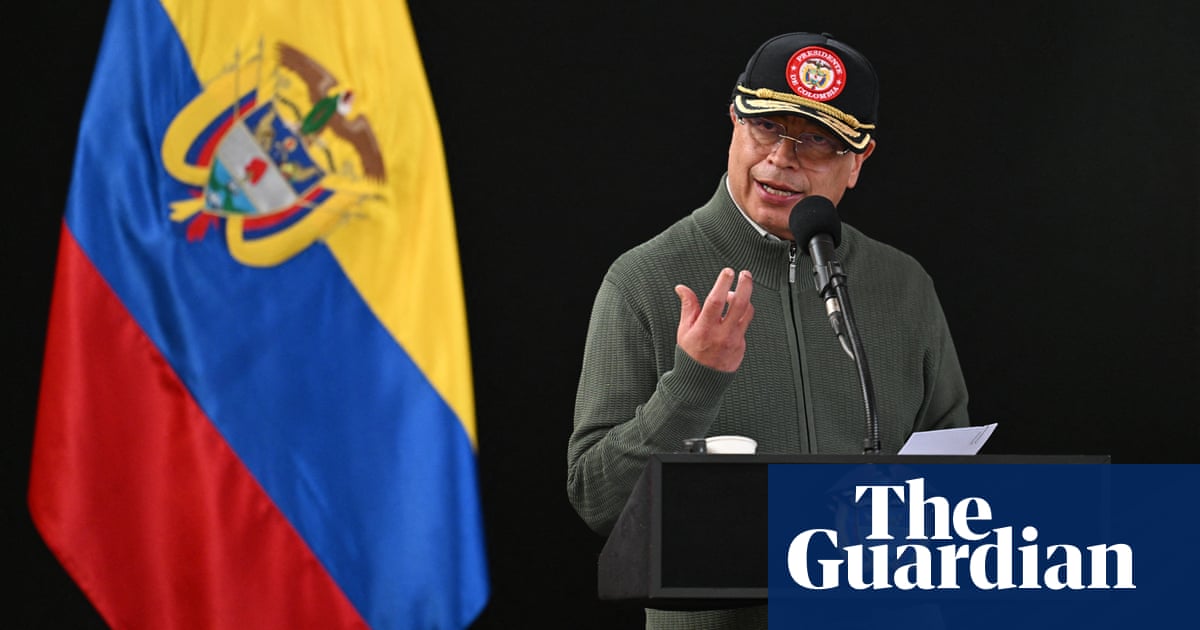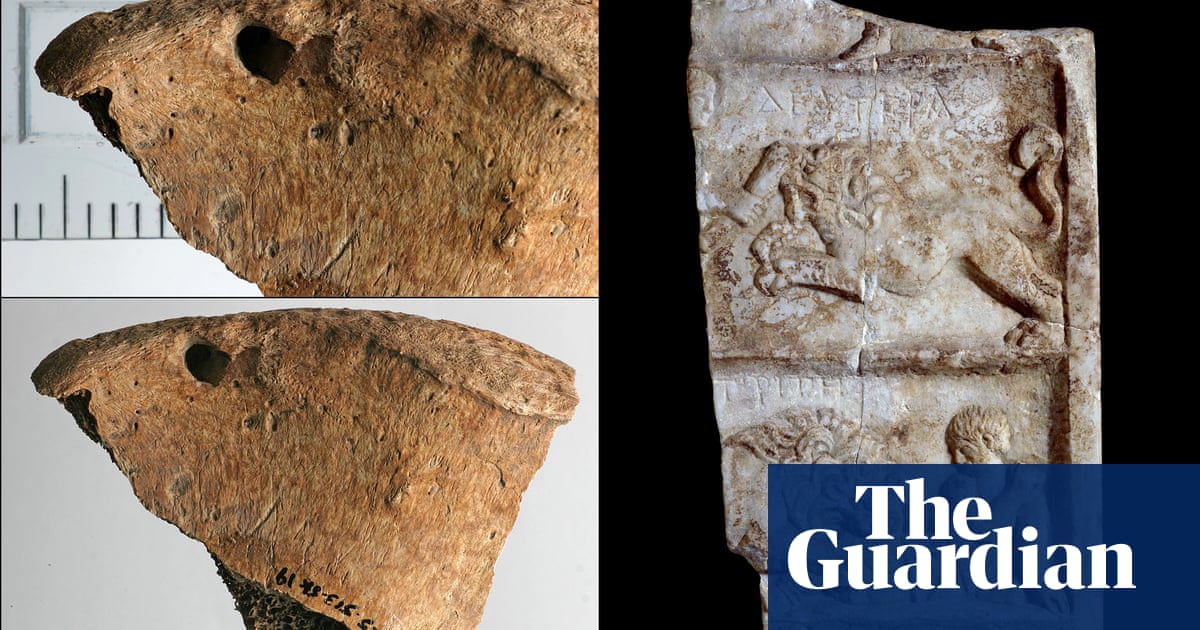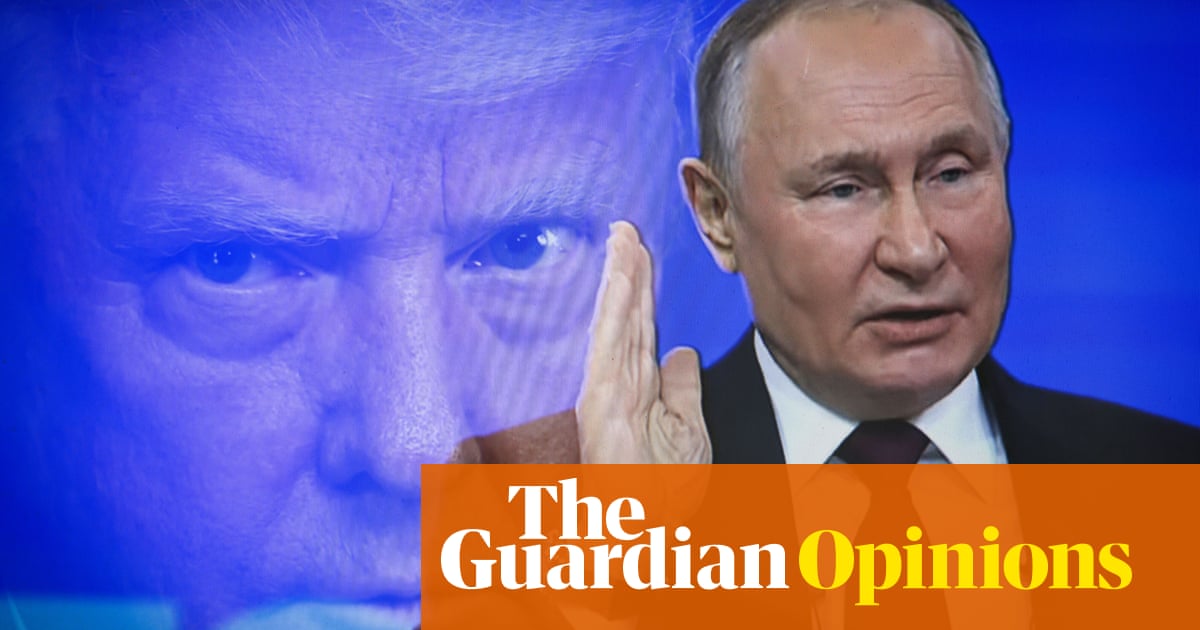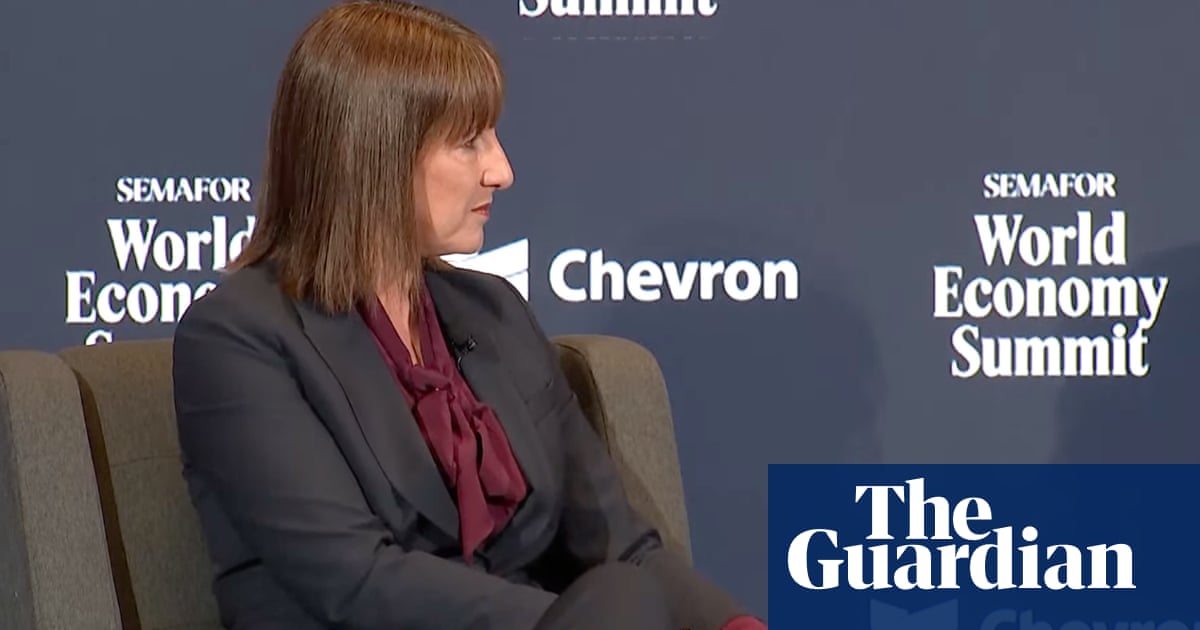Keir Starmer is under pressure from more than 60 Labour MPs to allow thousands of young Europeans to live and work in the UK, a move seen as key to unlocking a more ambitious trade reset with Brussels.
The chancellor, Rachel Reeves, said discussions on a potential scheme were ongoing, in the clearest hint yet that the government is preparing to do a deal.
A youth mobility scheme that would allow British and European 18- to 30-year-olds to travel freely has been seen as a key European demand in reaching an economic deal with the UK.
Sources suggested the EU would now be open to putting a quota and time limit on such visas, opening the door for an agreement.
In a letter to Nick Thomas-Symonds, the minister negotiating with Brussels, 70 Labour MPs and peers said a time-limited, capped youth visa scheme should be agreed and trade cooperation deepened beyond the government’s current ambitions.
The intervention comes before a crucial few weeks for the UK’s relationship with the EU. Starmer is due to meet the European Commission president, Ursula von der Leyen, in London on Thursday as momentum builds towards a UK-EU summit in May.
Cabinet differences remain on the shape a youth visa deal could take. Reeves is said to be in favour of a deal that includes time-limited youth visas – the highest priority for Brussels – but the home secretary, Yvette Cooper, has insisted on a cap on numbers, with a time limit of one year.
One source with knowledge of the talks said the cap would probably be about 70,000 people. “Yvette is pursuing the task she has been set by the PM – to reduce net migration,” a source close to the home secretary said.
Asked in Washington on Wednesday about the possibility of a youth mobility scheme, Reeves said: “We want to see net migration fall as a government and we’ve set out plans to achieve that. We also want to have control of who comes into this country. That is really important for us.
“But we’re not going to be returning to free movement. We will bring down net migration, and the talks are ongoing with the EU around reducing trade barriers.”
One EU source said: “Everyone is being cautious but there is a desire to find a way that removes any suggestion that this is going to increase migration. It could come in many forms and quotas is just one.”

In their letter to the minister, 62 MPs led by the Welwyn Hatfield MP, Andrew Lewin, said the government should work with the EU to create new opportunities for British young people to work and travel in the EU, similar to agreements with more than a dozen countries including Australia and Canada.
“We want to see a new and bespoke youth visa scheme for UK and EU citizens aged under 30. As with all of the UK’s existing schemes, we believe this should be time-limited and subject to a cap on numbers,” the MPs said.
It is understood the UK is on the verge of agreeing to enter into negotiations on three key topics including the youth mobility scheme, a sanitary and phytosanitary (SPS) deal to eliminate checks on food and drink being exported to the EU and entering Northern Ireland from Great Britain, and a deal on carbon emissions.
It is thought the SPS deal would be based on a deal the EU struck with Switzerland in 2023, but with substantial changes. “The EU hates the Swiss mode. It is full of complexity and inefficiency but that is not to say it could not be a conceptual model to build on,” an EU source said.
A defence pact is almost certain after the EU’s white paper on defence in March paved the way for British defence companies such as Babcock and BAE Systems to bid for money from the new €150bn (£129bn) EU defence fund.
UK and European sources also expect an announcement on trafficking and intelligence sharing as a way of signalling a tough approach to irregular migration.
Full negotiations are expected to be given the go-ahead to start by the autumn, once the European Commission has a mandate from member states.
The MPs’ intervention has been privately welcomed by some ministers as a tacit signal of the outline of what the government is seeking to achieve. In their letter to Thomas-Symonds, the MPs say the UK should seek to allow products to be tested in the UK to reduce cost and complexity for UK and EU firms.
after newsletter promotion
The letter suggests further Brexit trade barriers could be removed through a Canada-style deal involving a mutual recognition agreement (MRA) on conformity assessment, allowing standards of goods to be tested in the UK before export.
That change has been strongly backed by UK business groups but previously resisted by the EU over fears that the EU’s testing capabilities would be offshored in the UK. But negotiations may be possible for specific sectors, such as pharmaceuticals.

MPs also said the government should seek to join the Pan-Euro-Mediterranean (PEM) convention, a customs union alternative that would lift barriers particularly for the automotive, chemicals and pharmaceutical sectors.
“As certainties about globalisation, trade and tariffs break down at a remarkable speed, we are reminded how our stability, prosperity and security depend on having deep and resilient partnerships with like-minded nations, based on free and frictionless trade, shared values and political trust,” the letter says.
Lewin told the Guardian that Starmer should be confident he had support and a mandate for a more ambitious settlement.
“This is a moment of opportunity for all who want to see a closer relationship between the UK and the EU, and that includes millions of voters who put their confidence in Labour last year,” said Lewin, who won his seat from the former defence secretary Grant Shapps.
The letter has been signed by dozens from the new intake of MPs, including those with constituencies that voted to leave the EU. They include Amanda Hack, who won Andrew Bridgen’s former seat in North West Leicestershire, Mike Tapp, the Dover and Deal MP, and the prominent new backbenchers Yuan Yang, Emily Darlington, Joe Powell, Josh Dean, Simon Opher and Tom Rutland.
Phil Brickell, who also signed the letter, said: “This isn’t about relitigating the Brexit years. Rather, it’s about ensuring businesses such as those in my Bolton West constituency can access the European markets fenced off from them by the Tory-botched Brexit deal.”
Experts said even the push from Labour MPs would be unlikely to address the hit to UK economic growth caused by Brexit. “I think they are in a race against time to tie down whatever they want to do with the US before they do a deal with the EU. It is a two-headed monster,” said Mij Rahman, the head for Europe at the Eurasia Group consultancy.
David Henig, a trade expert, said the deal was unlikely to deliver the economic growth Labour is seeking. “Perhaps it can best be seen as a reasonable first step that should be accompanied by a plan to go further within respective red lines,” he said.
Stella Creasy, the chair of the Labour Movement for Europe, said the government’s ambitions should go even further than the letter suggested. “We have to be ruthless about reducing the barriers to trade with Europe that the Tory Brexit deal created, whether they are the paperwork created by VAT, emissions trading schemes that affect energy costs or the extra headaches caused by new regulations,” the MP for Walthamstow said.

.png) 4 hours ago
2
4 hours ago
2




